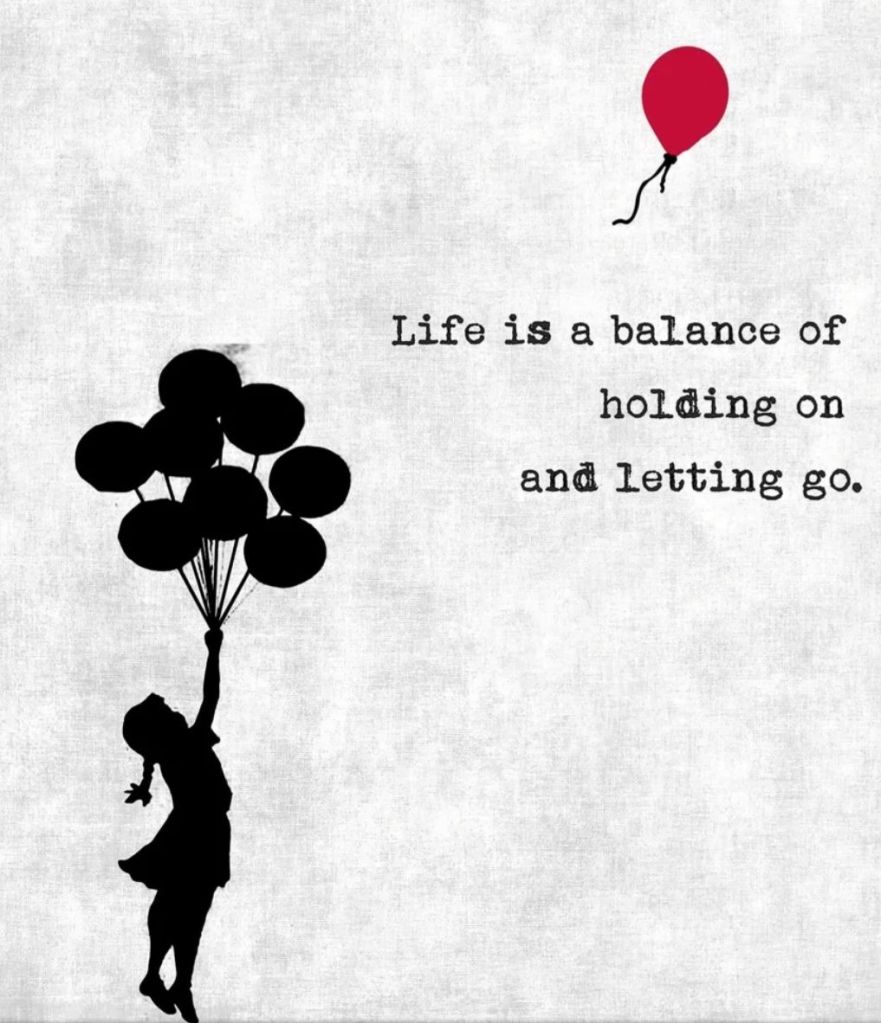
I have spent the better part of my life trying hard to do something that God Himself does not do: prevent people I love from making choices that could ruin their lives. I’m guessing I am not alone.
When God created human beings with the ability to exercise free will, He allowed for the possibility that we would make choices that go wrong, cause us great pain and produce outcomes we never anticipated and would never knowingly choose could we see things from His perspective.
But we don’t see things clearly. We often prefer the tinted glasses of Oz. (Yes, in the book, The Wizard of Oz, the citizens wear glasses with emerald-colored lenses which is why they see an Emerald City). We want to be loved. We want to be accepted. We want to be applauded. And so, because we do not see things as they are, we may make terrible choices that lead to unimaginable consequences.
This accounts for so much of the misery and grief on display in the world. If God is God – haven’t we all asked or heard this question – why is there so much XYZ evil in the world?
The answer is God is not doing the choosing. We are. Apart from His mercy, we eat the fruit of our own choices (or maybe someone else’s). Sowing and reaping, seed time and harvest are a law in the Earth that goes way beyond agriculture.
Choice is a beautiful but potentially dangerous thing when not exercised from a place of submission to what God wants.
Let’s not fool ourselves: if God always wants what we want, we just might be our own god. Reason: Scripture clearly states that He is not like us.
“For my thoughts are not your thoughts, neither are your ways my ways,” declares the Lord.
“As the heavens are higher than the earth, so are my ways higher than your ways and my thoughts than your thoughts.” (Isaiah 55:8-9 NIV)
I have learned, am still learning, that my choices are not necessarily God’s choices. It may be that in His infinite wisdom, knowing the end from the beginning, God says: “This is not for you to have, to experience, to do. This is not my will for you.”
Think on that for a minute. Not every “good” thing we want to do is God’s will for us. King David wanted to build a house for the ark of the covenant, the symbol of God’s presence with His people, which was housed in a tent.
David is living in a palace and decides it’s only right that he build God a house. Sounds wonderful. However, God responds that He never asked for a house, and it is not David’s task to build Him one.
“When you die and join your ancestors, I will make one of your sons the next king, and I will set up his kingdom. He will build a house for me, and I will let his kingdom rule always.” (2 Samuel 7:12-13 NET)
I’ve just experienced what it’s like to want to do “good” and have God say, “No. I have a different plan.” It is a hard lesson.
My plan, like David’s, seemed a good thing, a God-thing. Yet, the more I tried to accomplish it, the more obstacles presented themselves. It became unmistakably clear that not only was God not facilitating this “good thing,” He allowed significant opposition.
I had a choice to make. Persist in doing what I thought was right or acknowledge this was not what God wanted.
What would Jesus do? Better: What did Jesus do? In the garden of Gethsemane, fully knowing the tortuous death that lay before Him – being nailed to die on a cross reserved for criminals to purchase our freedom from sin and restore us to God – Jesus asked if there might be some other way, a different choice.
Sweating like great drops of blood, He wrestled in prayer until he fully submitted to God’s choice: “Father, if you are willing, take this cup away from me. Yet not my will but yours be done.” (Luke 22:42 NET)
Still, we Christ followers persist in the wrong-headed notion that God’s will for us will always be what we want and that it will be sunshine and roses. In reality, what God wants can be painful and hard, so very different from what we imagine that we are left without words, stunned into silence and deep concern that something really bad could happen.
And, beloved, God never promises that nothing bad will happen. His promise is, no matter what happens, “I am with you always, to the end of the age.” (Matthew 28:20 NET)
It all comes down to this: faith. Do we trust God to be God and to remain faithful when we can’t understand what He’s doing, don’t like what He does or what He allows? If it’s happening, whatever it is, God allowed it. (If that blows your mind, I recommend reading the book of Job.)
Trying to do a good thing, finding it near impossible but insisting on having it your way? I recommend you let it go and trust what we know about God’s character.
“Will not the Judge of all the earth do right?” (Genesis 18:25 NIV)




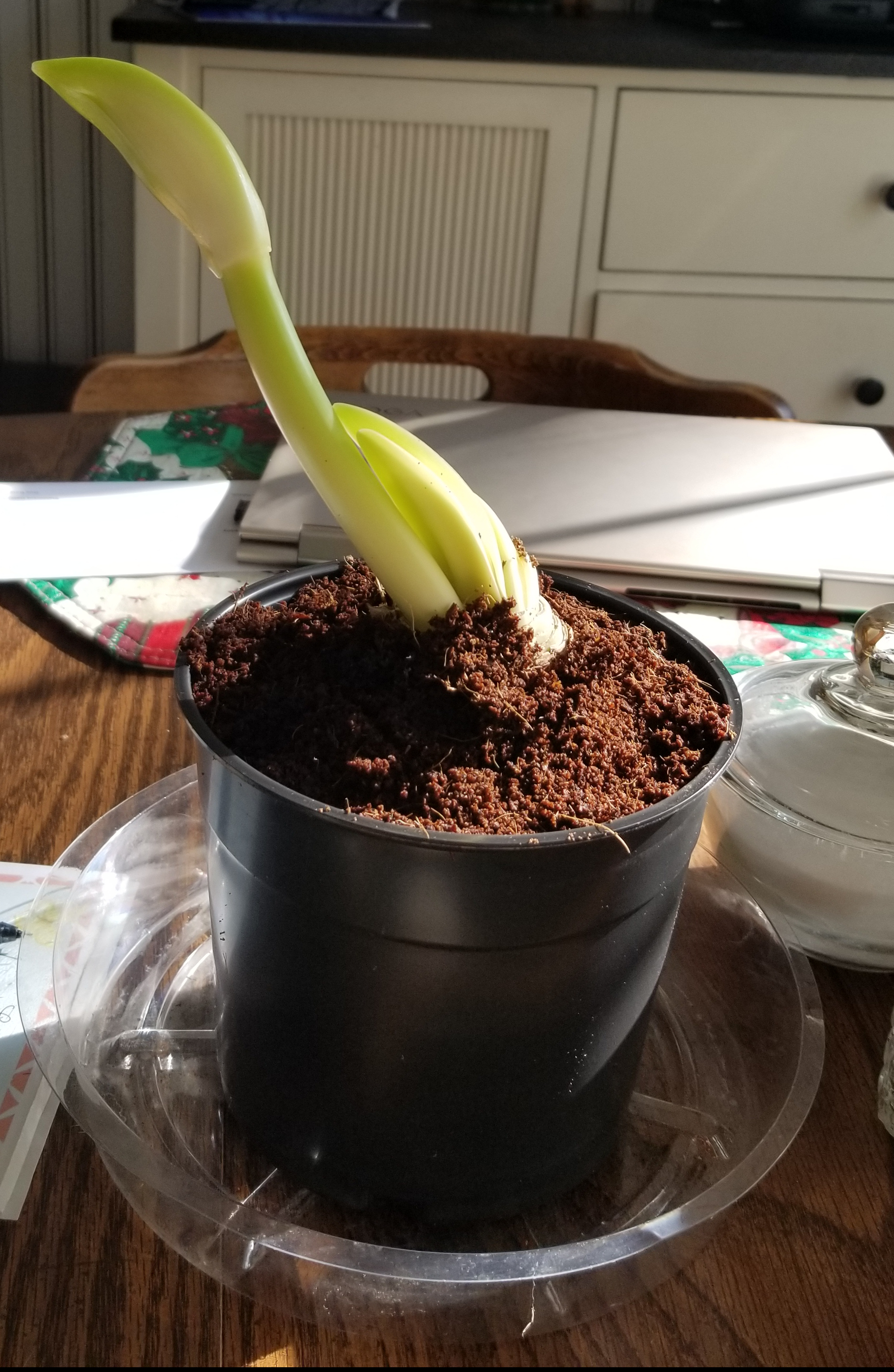
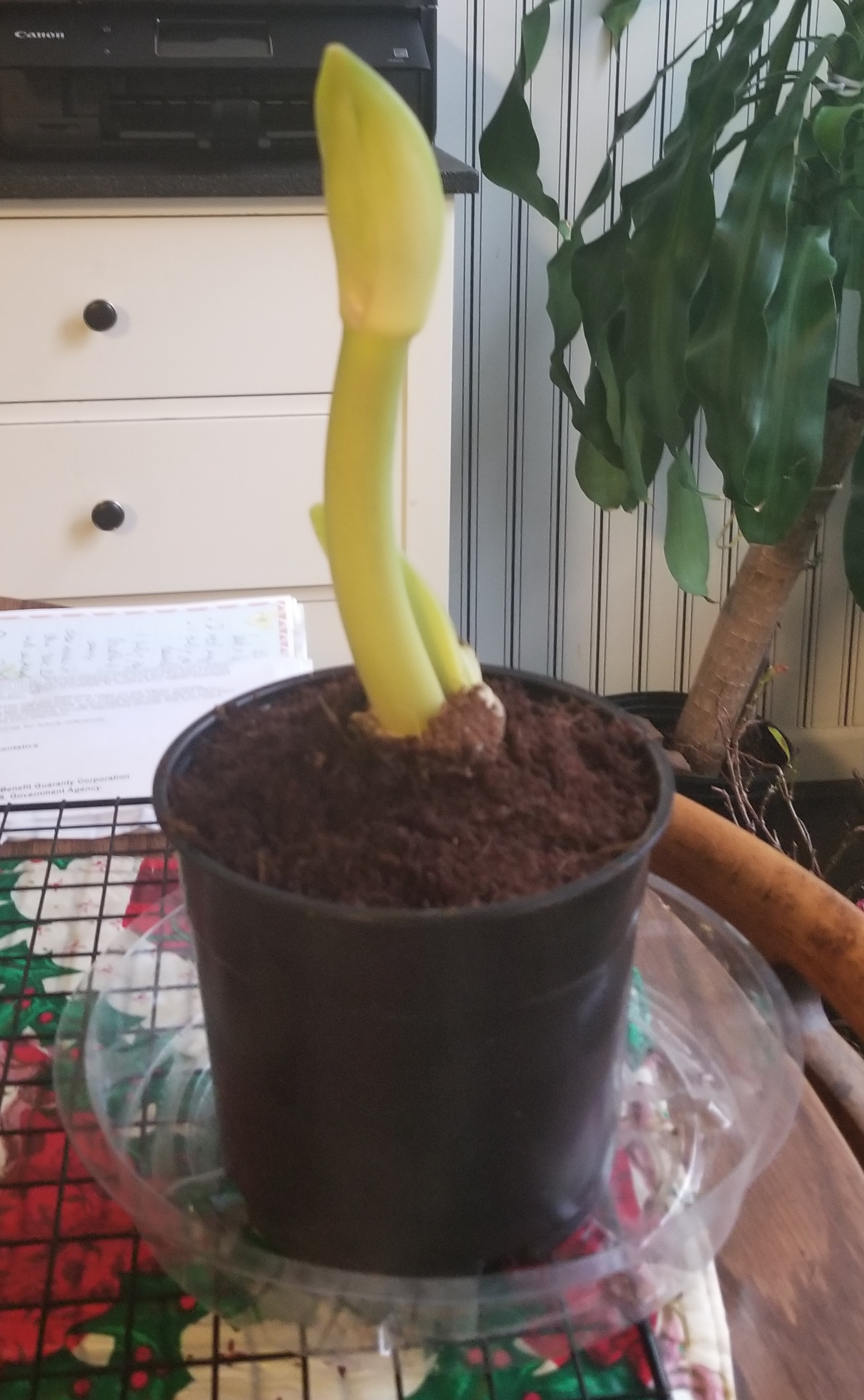

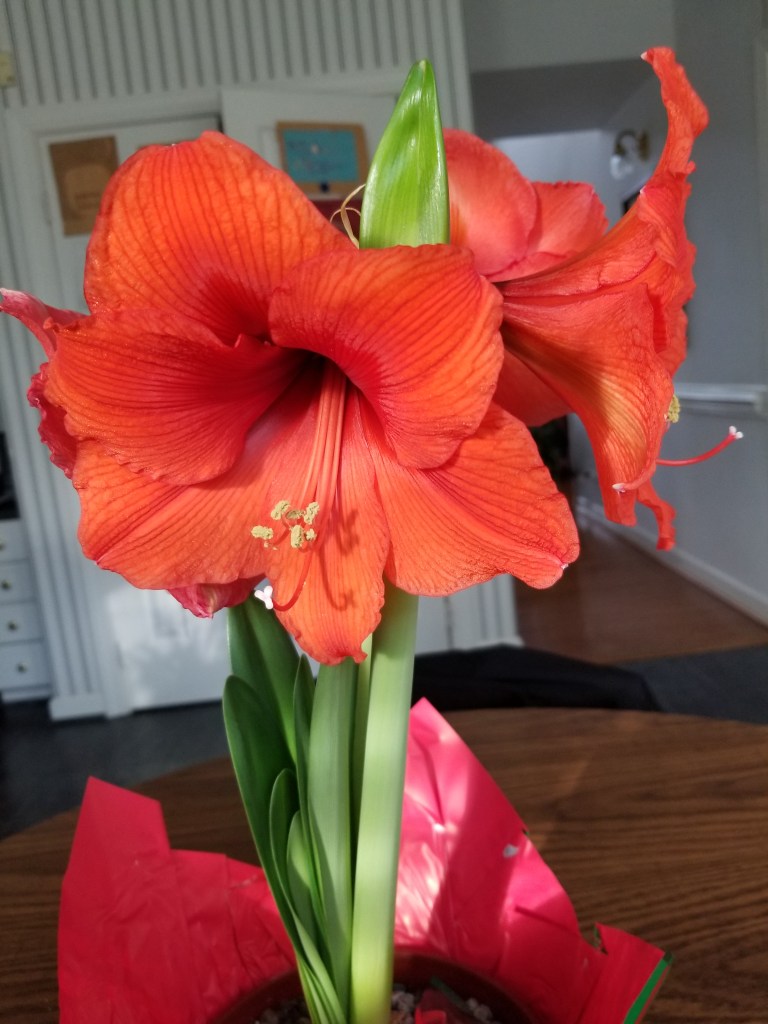




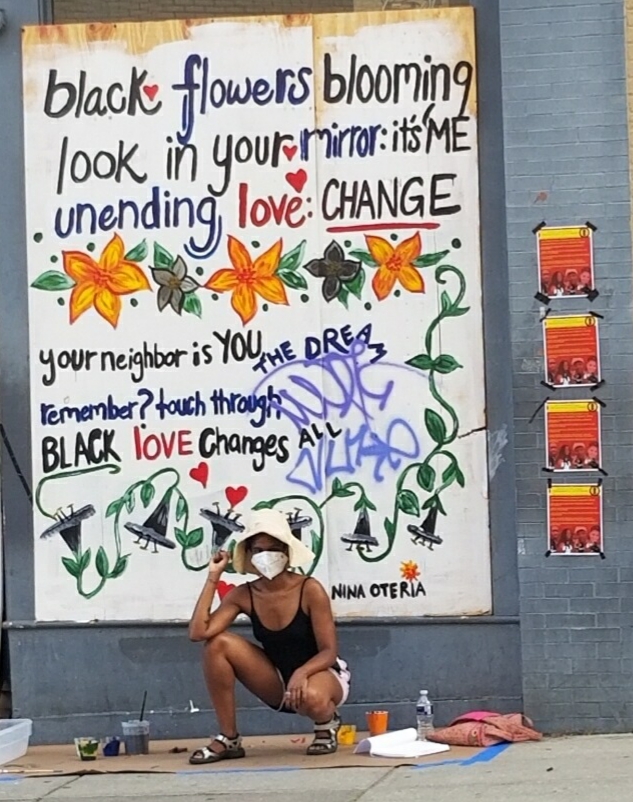




 The modern workplace is a team environment. Team members might be global, but chances are wherever you are, whatever you do, there is a team structure.
The modern workplace is a team environment. Team members might be global, but chances are wherever you are, whatever you do, there is a team structure.





 It’s Advent, a time of Christian preparation for the coming of Christ. We’re fixated on the crèche: baby Jesus in swaddling clothes, haloed and lying in a manger, surrounded by animals, shepherds.
It’s Advent, a time of Christian preparation for the coming of Christ. We’re fixated on the crèche: baby Jesus in swaddling clothes, haloed and lying in a manger, surrounded by animals, shepherds.
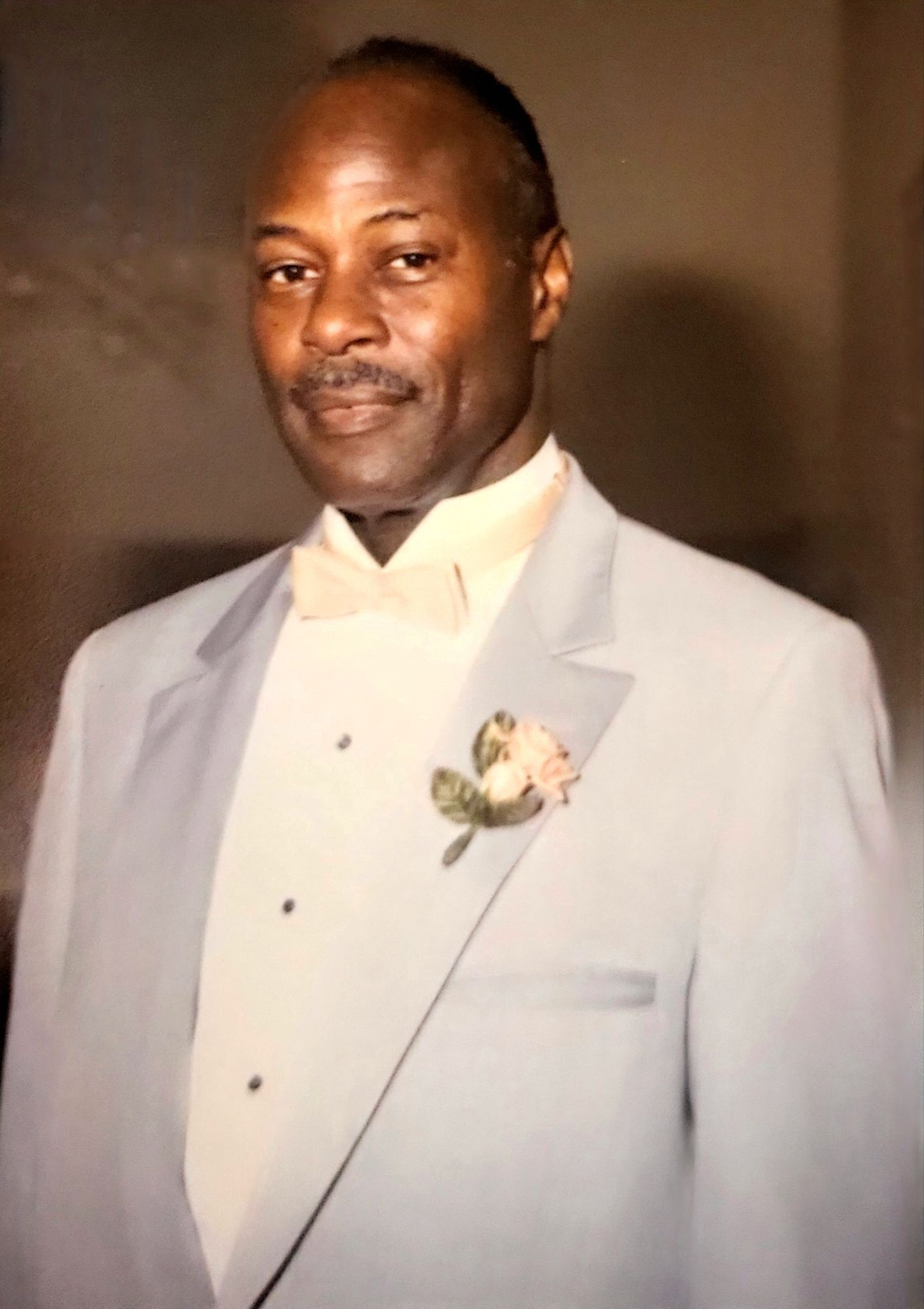
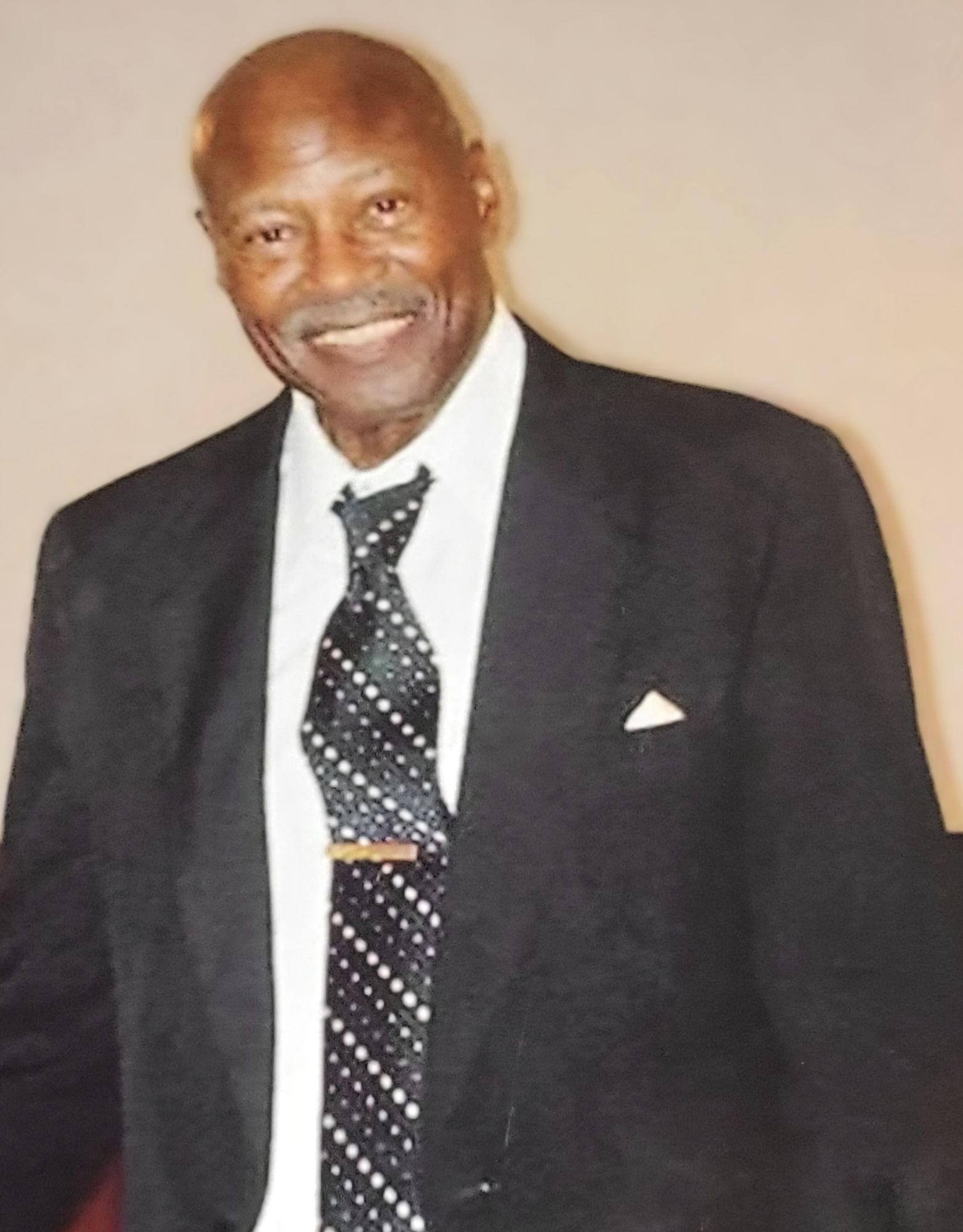
 Once upon a time, a family bought a wonderfully clean car for a steal-of-a-deal and considered themselves fortunate to have gotten so lucky… until the car had a catastrophic coolant failure at a traffic light resulting in a repair bill that cost more than the car’s Blue Book value.
Once upon a time, a family bought a wonderfully clean car for a steal-of-a-deal and considered themselves fortunate to have gotten so lucky… until the car had a catastrophic coolant failure at a traffic light resulting in a repair bill that cost more than the car’s Blue Book value. Ever stop to think that everything you have is a gift?
Ever stop to think that everything you have is a gift? My son asked me the other day why someone we know routinely mispronounces the word “sword,” opening with the sound of the Nike symbol “swish.” The guy has an earned PhD and still doesn’t know that the “w” in sword is silent?
My son asked me the other day why someone we know routinely mispronounces the word “sword,” opening with the sound of the Nike symbol “swish.” The guy has an earned PhD and still doesn’t know that the “w” in sword is silent?



 It’s early the morning hours of Thanksgiving. The last pie is baked and all the side dishes refrigerated. I’ve just turned out the lights and climbed the stairs, thinking how truly gracious and trustworthy God has shown Himself to be since another Thanksgiving a decade ago in this same place.
It’s early the morning hours of Thanksgiving. The last pie is baked and all the side dishes refrigerated. I’ve just turned out the lights and climbed the stairs, thinking how truly gracious and trustworthy God has shown Himself to be since another Thanksgiving a decade ago in this same place. Ever been driving and suddenly realized you didn’t know where you were?
Ever been driving and suddenly realized you didn’t know where you were?

 It’s not surprising that we should love God.
It’s not surprising that we should love God. Whenever there’s a natural disaster or a man-made catastrophe such as the
Whenever there’s a natural disaster or a man-made catastrophe such as the